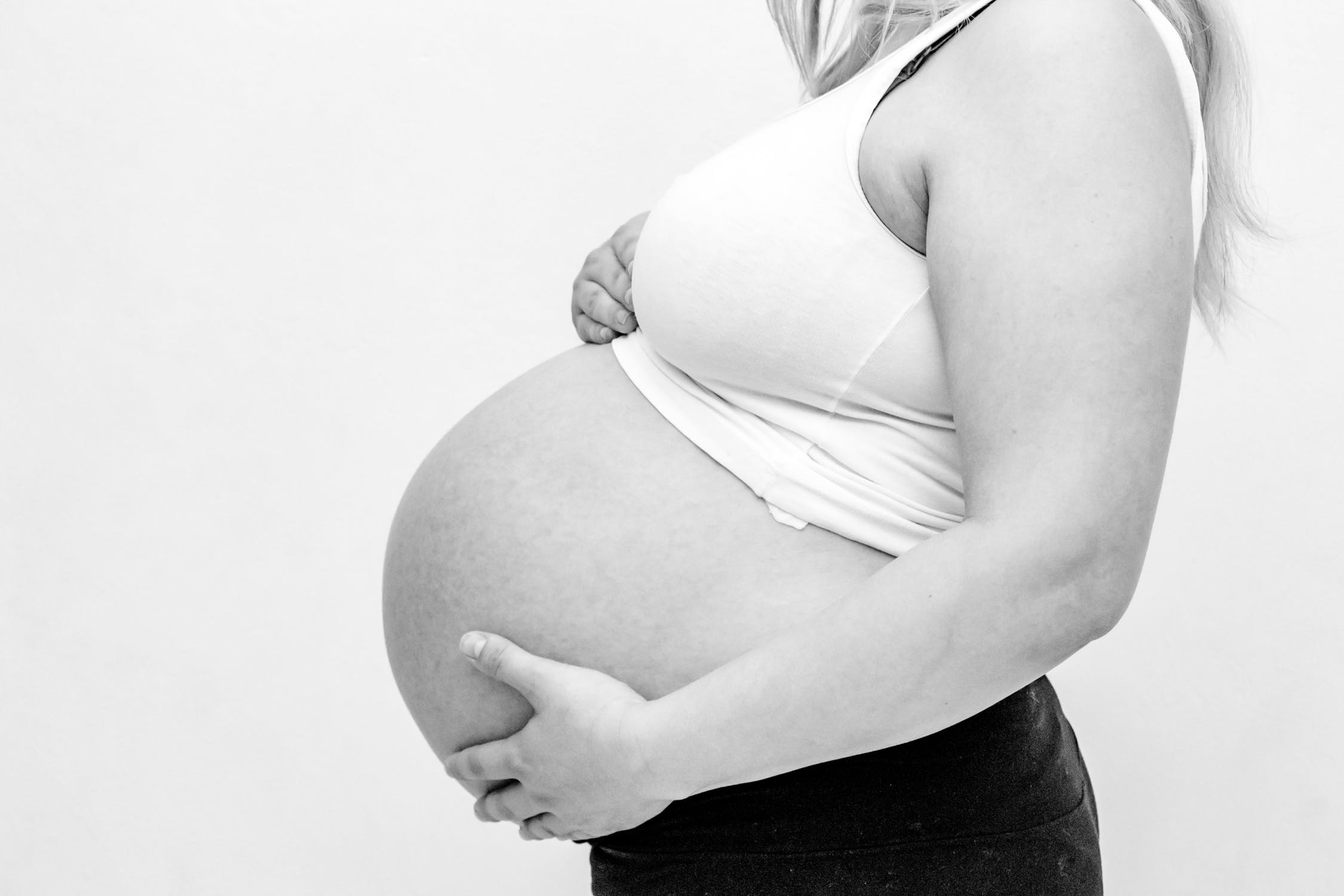When we think back to 7thgrade, many of us will remember awkwardly sitting in a sex-ed class while we learned the mechanics of the birds and the bees. To our pre-teen selves, getting pregnant seemed so simple.
Fast-forward to adulthood and 1-in-8 couples will learn conceiving a child isn’t always so easy.
Now, this doesn’t mean the sex is bad. A lot of couples can have amazing sex, using toys like a neoprene cock ring to make it even more pleasurable, and still have issues conceiving. Sometimes the male isn’t able to produce enough sperm and sometimes the woman has issues with their overies. It’s a complicated issue that’s not just down to disappointing sex.
If you’re struggling to get pregnant or you’re in the middle of fertility treatments like IUI or donor egg IVF, you might find yourself looking for natural remedies to increase your chances of conceiving.
Whether you’re considering special foods for infertility, stress management, or a better exercise routine, you’ll be thankful to learn these simple lifestyle changes can make a difference.
Eating Certain Foods that Boost Fertility
While there’s no crystal ball with the perfect solution to infertility, studies have shown eating certain types of foodscan be beneficial.
Full-Fat Dairy Products
Compared to their alternatives, a study completed by Harvard has shown that women who consume more full-fat dairy, i.e., yogurt, milk, ice cream, etc., have a decreased chance of experiencing ovulation-related problems while trying to conceive.
Lentils & Beans
Lentils and beans, specifically black beans, have high levels of folate and fiber. Each of these nutrients can help improve fertility-related issues, such as embryo health and hormonal imbalances.
Eggs
The yolk of an egg is loaded with fertility-rich nutrients, such as choline, protein, B-vitamins, and good Omega-3 fats.
Greens and Asparagus
We all can benefit from increasing the number of healthy greens in our diets. Fertility is no different. Foods like kale, spinach, and even asparagus, are full of different nutrients which can boost your overall health while you’re attempting to get pregnant.
Use Stress Management to Help with Infertility
Stress and anxiety have an inconvenient way of wreaking havoc on our bodies. Concerning infertility, recent scientific studies have established there is a correlation between the two.
When a woman is experiencing increased stress or anxiety, her body will produce an enzyme known as alpha-amylase. The studies noted that women with increased levels of this enzyme had up to a 12% higher chance of struggling to conceive.
Managing the amount of stress in your life will not only make a biological difference in your body’s state, but it will also allow you to stay focused on your goals of having a baby without unnecessary anxieties getting in the way.
To better control your stress levels, it’s important to find ways to relax and practice self-care. Some popular options include:
- Meditation
- Yoga
- Acupuncture
- Journaling
- Taking up a hobby
- Talking to a supportive family member or friend
Develop a Better Exercise Routine
Whether you’re currently active or not, establishing a regular exercise routine is highly beneficial during your quest to get pregnant.
Not only is exercise an excellent way to help manage your stress levels while trying to conceive, but it’s also an excellent way to ensure your body is in the best shape possible to support a baby. Maintaining a healthy body mass index (BMI) can be a key factor in whether a woman can get pregnant.
When women weigh too much or too little, it can be hard on their reproductive systems. Through regular exercise and strength-building activities, you can achieve positive weight goals.
You can also look into some vaginal exercises or vaginal dilators that could help reduce pelvic floor muscle tension. This could lead to a better sex life and higher chances at pregnancy.
Healthy Ways of Overcoming Infertility
Infertility is no easy battle to undertake. It can become an overwhelming blend of mental, physical, and financial stress in the name of having a baby.
Whether you’re trying to get pregnant on your own or you’ve sought the assistance of fertility treatments like IVF and donor eggs, you want to give yourself the best chance of successfully conceiving.
By taking several steps to better manage the overall lifestyle choices you make, you can significantly improve your odds of getting pregnant. From stress management to fertility-friendly foods, there’s an abundance of benefits that can come from making simple changes to your day-to-day life.
Why rely solely on luck and probable success rates? Take proactive measures to enhance your quality of life, and they could bring you one step closer to becoming the parent you yearn to be.



